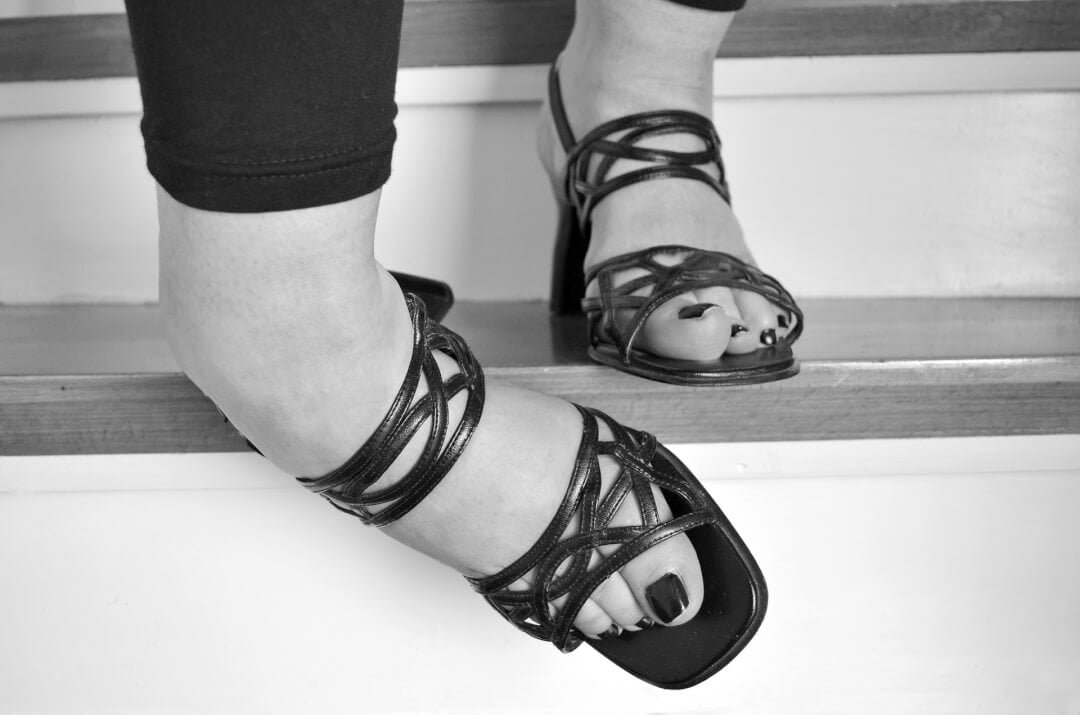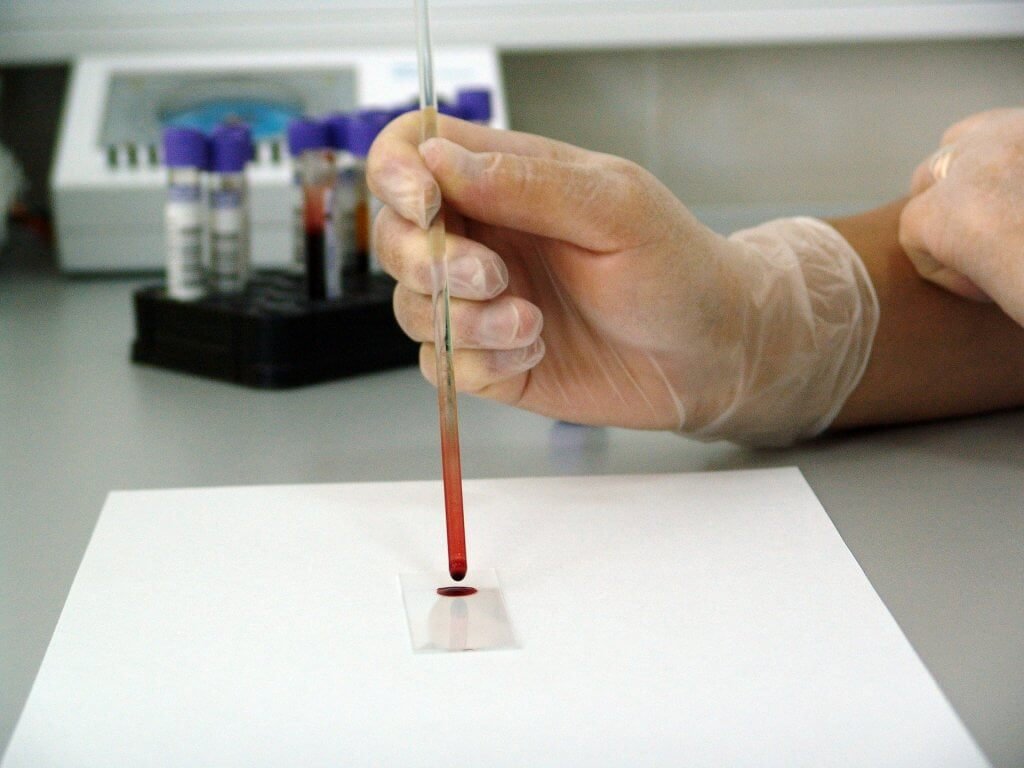- Senior Living
- Our Quality Guarantee
- Last Updated October 20, 2023

Avoiding Elderly Falls: Know These Common Causes
Every year, hospitals receive millions of patients who have fallen victim to fall incidents. According to recent research studies, over 800,000 patients are hospitalized annually because of fall injuries. Nearly 1 out of every 4 seniors experience serious falls yearly, but not all inform their medical doctor. Another revealing revelation from the study is that falling once increases your chances of falling again.
In the United States, the rate of seniors who lose their lives from fall incidents increased by 30% from 2007 to 2016. The graph shows a steady rise in the number of deaths, and the numbers indicate that by the year 2030, the nation might be experiencing 7 deaths every hour just from fall incidents.
In every 5 falls, at least 1 leads to fatal injuries such as hip fractures or head injuries. Over 3 million seniors receive treatment worldwide yearly because of fall injuries, and over 300,000 are seniors.
In 2015, the medical sector spent $50 billion treating seniors with fall injuries. So, what are the causes of fall injuries in seniors? Here’s what you should look out for:
In This Article
The Most Common Causes of Falls in the Elderly
Several risk factors may lead to seniors experiencing falls, thus causing self-inflicted injuries. However, surprisingly enough, age is not one of them. Although a patient’s medical history is one of the significant risk factors and any preexisting conditions might cause an older person to lose their balance, a healthy 85-year-old is at no immediate risk of falling.
Previous medical diagnosis is the leading cause of fall injuries, and eyesight problems contribute a lot to falls among the elderly. Seniors who were previously diagnosed with vision issues are vulnerable to fall injuries.
Many seniors have a medical history of poor vision and numerous cases of missing a step, for example, because they did not see it, thus leading to the fracture of their hips. It is usual for aging individuals to lose their sight capabilities, hence the risk of falling.
Another medical diagnosis is weakness in the lower regions of the body. It is expected that elderly people can develop lower body weakness because of their aging muscles and bones.
Consequentially, it increases the risk of fall injuries because weak joints render their mobility unstable. The weak joints may lead to the elderly falling and causing severe injuries such as hip fractures or, potentially worse, skull fractures.
Read more about foods that are great for maintaining healthy and strong joints

The body’s lack of enough vitamin D is another risk factor causing fall injuries among the elderly. Seniors with a deficiency in vitamin D have weak bones that cannot sustain their weight over long distances, increasing the chances of falling.
Another medical diagnosis associated with old age is walking and balance difficulties. Seniors frequently experience difficulty in movement and balance when they reach a certain point in their elderly stage. These difficulties increase their risks of falling and fracturing critical areas of their bodies.
Older people are generally under strong medications because of their several medical conditions brought on by old age. They use tranquilizers, antidepressants, and sedatives daily or even more, depending on the doctor’s prescriptions. These medications affect their balance and, if taken wrongly, can cause hallucinations, thus impairing their ability to walk and lead to them falling.
Many seniors also lack proper footwear to provide comfort, leading to foot pains. Footwear designed for the elderly to provide comfort and balance is available to minimize such risks.
Last but not least is the danger or hazard present in the homes of elderly people. Uneven steps and damaged floors pose a risk factor for fall injuries. It is also typical in medical centers, with seniors tripping over scattered items around their living area.
What Medical Experts Should Look Out For In Seniors Suffering From Fall Injuries

The first thing every doctor should check when treating an elderly patient suffering from a fall injury is the presence of any underlying illnesses. It would be best to inform your clinical doctor of any symptoms you notice, which will be covered in the doctor-patient confidentiality. Several health problems, such as dehydration, anemia, and pneumonia, will likely make older people fall or increase their chances.
Doctors should also conduct blood pressure and pulse reading tests on senior patients arriving at the hospital because of fall injuries. This test should be conducted when the patient is either standing or sitting. The doctor needs to know whether a fall was a result of light-headedness.
Take a Blood Test

The blood count or sodium level in a senior patient’s blood can be why they experienced a fall. Doctors should conduct a complete blood cell count, electrolyte check, and kidney function test upon the arrival of a senior patient experiencing frequent falls.
The clinical doctor should explain any abnormalities in your blood work, whether related to the fall injury or not. He or she should also explain the plans to address how it will reduce abnormalities and future incidences. If the patient has any diabetes medication history, the doctor should utilize the glucometer to measure the patient’s sugar level.
Conduct a Medication Review
Most of the medications old folks take to increase their chances of incurring fall injuries, hence the need for a review. Considering the fall incidence, some of these medications can be eliminated, and your clinical doctor should address such medications.

Some of the earlier-mentioned medications include sedatives, tranquilizers, or sleeping medications. Others are blood pressure and diabetes medications, “Anticholinergic” medications that worsen the balance and thinking of the elderly, and opiate pain medications, especially in the early stages.
Check the Gait and Balance
Gait assessment is carefully watching the way the senior patient walks. There are also some simple procedures a doctor should follow in conducting a balance test for the elderly suffering from fall injuries.
Any pain or discomfort should be addressed if the gait and balance test appear abnormal. The doctor should also refer the patient to a physical therapist who will work on strengthening the gait and balance. The physical therapist can also fit the senior with a device to assist in moving from one place to another as an alternative.
Read more on how to improve balance and strength
Check the Level of Vitamin D
Low vitamin D in the body leads to fragile bones, making any person, not just the elderly, susceptible to frequent and easy falls.
To remedy this situation, doctors should prescribe daily supplements of 800-1000 IU for senior patients with low vitamin D levels. Before doing this, it is up to the doctors to conduct a frequent check of the vitamin D levels in elderly patients so that they can have a clearer picture of the situation.
Evaluate If the Patient Has Any Underlying Heart Other Neurological Conditions
Many old folks have underlying conditions that might be the leading cause of the fall. An example of a heart condition is paroxysmal rapid atrial fibrillation, which causes heart racing.
Seniors can also develop other neurological conditions, such as Parkinson’s disease, which leads to falling injuries. If you are an older person or know of one who is experiencing sudden falls, do not hesitate to reach out to your clinical doctor so you can understand whether such conditions might be the cause of your fall incidence.
Perform an Eye Test and a Home Safety Assessment

As a precaution, one of the checks doctors should conduct for senior patients should have everything to do with the vision, home safety, and podiatry assessment. Suppose you’ve brought a loved one suffering from fall injuries, and they are a senior. In that case, it is always best to check with your doctor as such services can prove very helpful, especially if the elderly person has never done such tests before in their lives.
You should also conduct a home safety assessment for your loved one’s sake if the service is available in your area.
Final Thoughts
Older people are highly prone to falls, and injuries from these falls can be devastating. Doctors should be comprehensive when treating a senior patient, and the measures outlined above can be effective when treating or providing care to an older person.
If you are looking for ways to minimize the chances of falling injuries, you can consult your medical expert, who will provide in-depth insight. The elderly are essential members of society, and neglecting their needs is not an option.
Articles You May be Interested In:


















